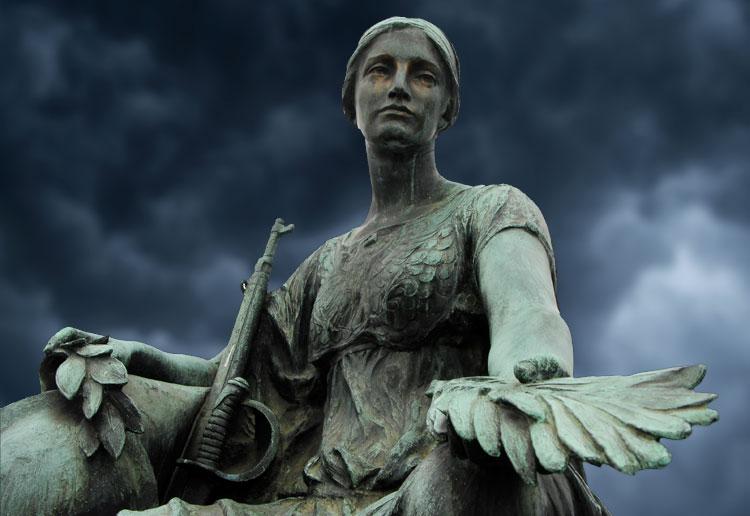On this 75th anniversary of the D-Day Normandy landings, the venerable UBS’ Art Cashin remembers:
Editor’s Note: The following historical note was originally presented by an old friend on the floor who is a military history buff. We didn’t have time to research it ourselves but he swears it’s true and, on the floor at least, your word is still your bond…so here goes a remarkable story.
On this day in 1944, Winston Churchill called Dwight Eisenhower. The conversation went something like this:
“Ike, I want you to put me on one of the ships to observe the invasion. We’ve waited so long for this moment. It will be a turning point in the history of all mankind. And, I can not send so many brave boys to meet danger or death without showing them I share some risk.”
Ike replied something like:
“Mr. Prime Minister, I understand your feelings completely. But you are such a symbol of the Allied cause that I cannot allow you to take the risk. If something happened to you, it would be a setback to the war effort no matter what fate we met on the beach.”
Churchill threatened to call FDR but Ike said he would resign before letting Churchill board the invasion fleet. Churchill then reminded Ike that he (Churchill) had once been First Lord of the Admiralty. Therefore, he said “I think I still have enough friends in the British Navy to get aboard some vessel whether you like it or not.”
The reply – “Perhaps, Mr. Prime Minister…but I assure you I shall do everything I can to prevent it.”
Continue reading “Churchill, Ike, & The “Epic Human Tragedy” Of The First Wave At Omaha”




